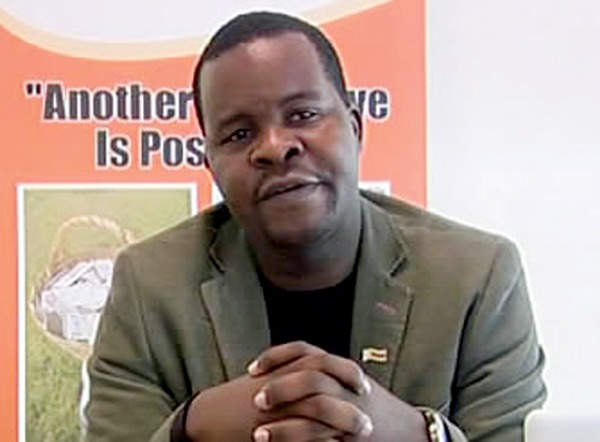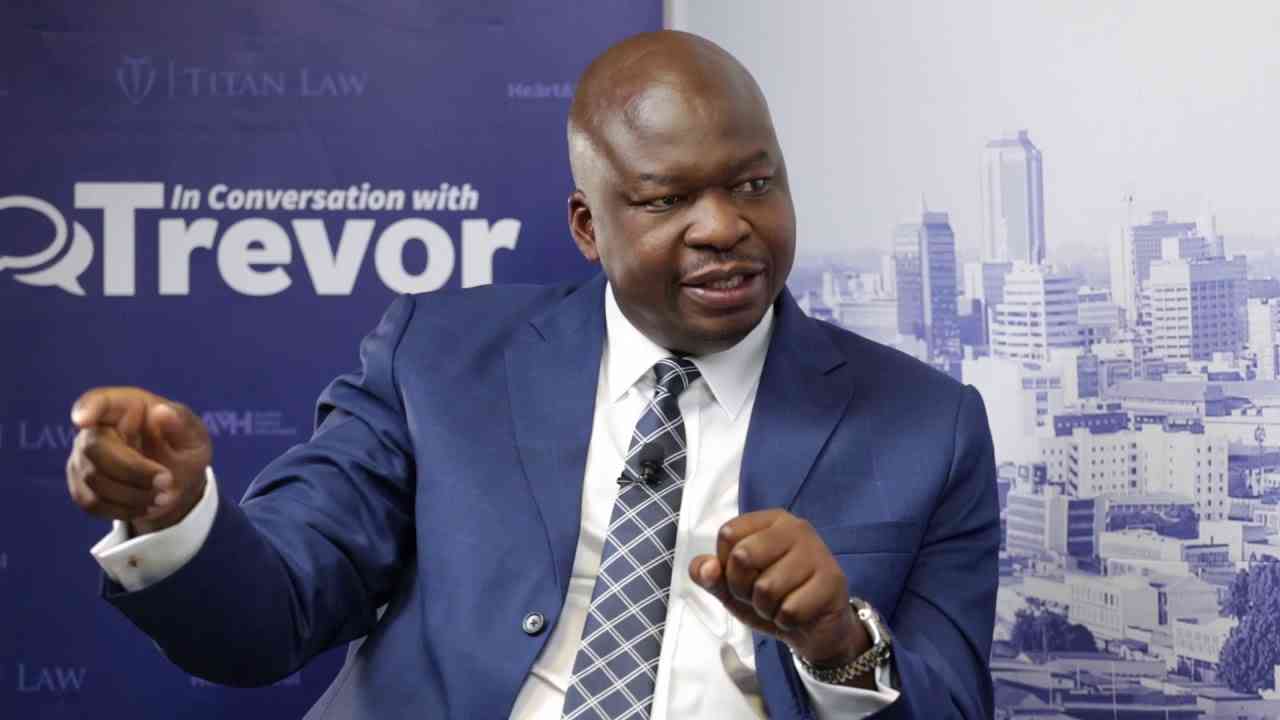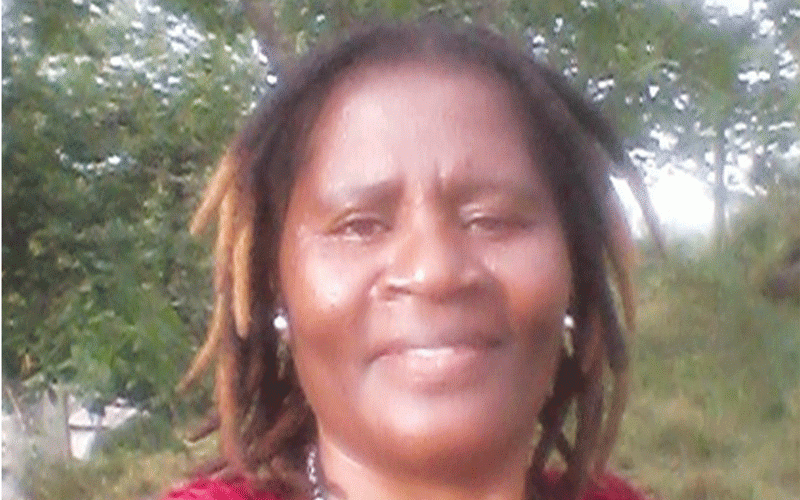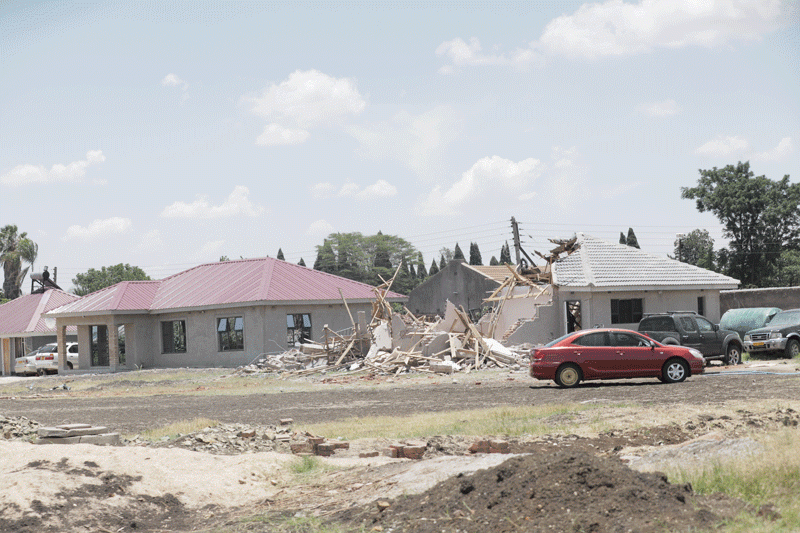
“If I see other kids going to school, I cry,” said 16-year-old Anesu (not her real name), as she spoke with Human Rights Watch last year in Mashonaland Central, Zimbabwe. “I dropped out when I was in Form 2,” she said. “There was no money for school fees.”
Guest column Dewa Mavhinga
Before she dropped out, Anesu said she had to walk two hours each way to get to the nearest secondary school. “It was a long distance. My legs were beginning to pain me. It was another reason I dropped out. There was no other school close by.” She began working six days a week on tobacco farms, earning US$3 a day. But despite the challenges she faced, she dreamed of going back to school.
Anesu’s story is not unique. In 2016 and 2017, Human Rights Watch spoke to more than 100 people about access to education in Zimbabwe. They described many barriers that make it difficult for children to stay in school.
President Emmerson Mnangagwa and newly-appointed Primary and Secondary Education minister Paul Mavima have an opportunity to address these barriers and help Zimbabwe’s children thrive.
While Zimbabwe’s 2013 Constitution requires that the State promotes “free and compulsory basic education for children,” the reality on the ground shows this constitutional promise remains unfulfilled. Many families have to pay fees or levies for their children to go to public schools. Nearly everyone Human Rights Watch spoke with said school fees posed an economic challenge, and many said the fees became prohibitively expensive for their families, particularly at the start of secondary school. Families told us that primary school costs US$10 to $15 per term, and secondary school costs even more—sometimes close to $150 for the first term, and $35 to $50 for subsequent terms.
The fees, plus the added cost of things like books and uniforms, make it extremely difficult for poor families to afford to pay for schooling. The government’s Basic Education Assistance Module (BEAM) programme provides financial assistance to some families for children’s education costs, but the programme is underfunded and much more widely needed.
Some interviewees said school administrators sent children home, or refused to provide end-of-year exam results if school fees were unpaid. One small-scale farmer and father of four told us his children were sent home from school several times a week when the fees were unpaid. “For that term, the children don’t learn well because they are constantly being sent home . . . It affects their [academic] results. They won’t be in class when others are learning,” he said. The government adopted a policy that children should not be sent home for school fees, but a 2017 report found at least 63% of children have been sent home from school for non-payment of fees.
- Chamisa under fire over US$120K donation
- Mavhunga puts DeMbare into Chibuku quarterfinals
- Pension funds bet on Cabora Bassa oilfields
- Councils defy govt fire tender directive
Keep Reading
But school fees are just one of several challenges families face. Like Anesu, many children have to travel long distances to get to school. One 14-year-old boy told us it took him one hour to get to school. “But I run,” he said. “If I walked, it would take one and a half or two hours [each way].”
Once children reach school, many are exposed to corporal punishment, which can be particularly humiliating for adolescent girls. Children we spoke to described being beaten by teachers as punishment for arriving late to school, missing class, or misbehaving. Children said they or other students at their schools were beaten with sticks on their hands, arms, legs, or backs, or slapped across the face. “We were beaten for being absent,” said one 15-year-old girl, describing how her teacher made her put her head through the open back of a chair, and then beat her on the back with a stick.
One young man, age 18, said: “They used to beat us. If they came into the classroom and there was a lot of noise, they would hit everyone with a stick. A very painful stick that is not suitable to beat anyone. That’s why some children drop out of school because they fear being beaten.”
In 2017, the High Court of Zimbabwe ruled that corporal punishment for children was unconstitutional.
Implementation of the ban on corporal punishment is essential to protect children from violence in schools.
Some children said their schools lacked materials needed to provide children with quality education. One 14-year-old boy told us that before he dropped out, there were not enough chairs or desks for the students in his class.
“We used to take cardboard, put it on the floor, sit, and take our books down there.” A 17-year-old Form 3 student said the 54 students in his class shared 14 desks. “We squeeze ourselves on the same desk.”
The United Nations Children’s Fund reports that even though overall enrolment has increased in Zimbabwe, more than 1,2 million children of school-going ages 3 to 16 are out of school.
In the last month, Robert Mugabe’s 37-year authoritarian rule came to an end, and Emmerson Mnangagwa took office as the new President of Zimbabwe, pledging to rebuild Zimbabwe as the country continues to face economic challenges.
Quality education can lift families and communities out of poverty and increase a country’s economic growth. As the 2017 school year ends and the 2018 school year begins, Mnangagwa, and Mavima have a key opportunity to address barriers to education. The new government should abolish school fees, do away with corporal punishment, and increase access to quality education for Zimbabwe’s children.
Dewa Mavhinga is Human Rights Watch Southern Africa irector. He writes in his personal capacity.











